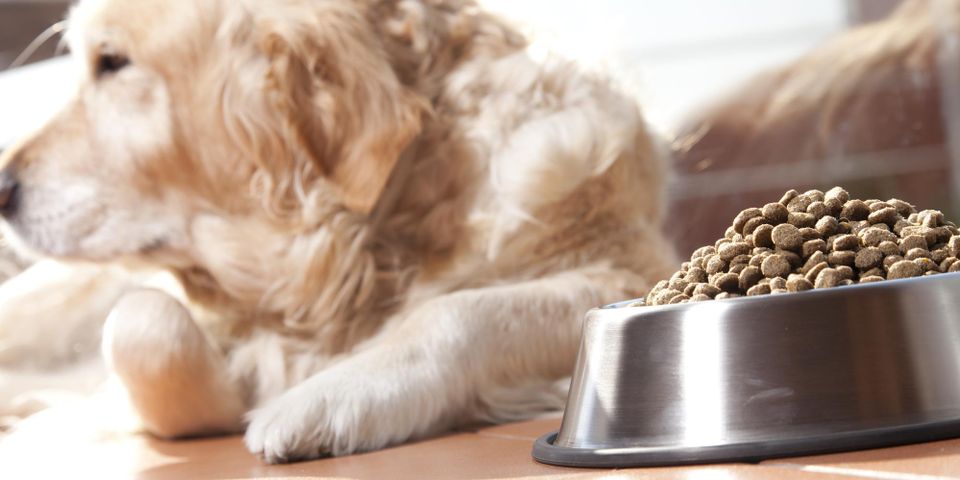What You Should Know This National Pet Obesity Awareness Day

Knowing if your pet is at a healthy weight isn’t always obvious. In fact, many may be surprised to learn that more than half of American cats and dogs are overweight. That’s why the animal health advocates across the country are designating October 10th as National Pet Obesity Awareness Day. If you’re concerned about your companion’s long-term health, here are a few important details to know about pet obesity, its risks, and how you and your veterinarian can address the problem.
Does My Pet Weigh Too Much?
You can gauge your companion’s weight by looking at them from above. If it’s hard to spot a waist, it’s likely due to excessive weight gain. You can also feel along the sides of your cat or dog to check and see if you can feel the ribs. If fat is padding the ribs, they are likely overweight.
The best way to tell if you’re animal has weight management issues is to visit a veterinarian regularly. Through routine pet exams, your provider will make sure your animal is in the appropriate range for their breed.
Why Is My Animal Overweight?
 Often, the problem is due to eating unhealthy snacks or overfeeding. Inactivity can also make it difficult for cats and dogs to burn enough calories each day, contributing to weight gain.
Often, the problem is due to eating unhealthy snacks or overfeeding. Inactivity can also make it difficult for cats and dogs to burn enough calories each day, contributing to weight gain.
Underlying health problems may also be to blame for excess weight. For example, senior pets require fewer calories than they did when they were younger and may need to adjust the amount and type of food they eat. Other cases may be due to thyroid health issues or side effects of certain medications.
What Are the Health Risks of Pet Obesity?
The American Animal Hospital Association says excessive weight can increase the danger of diabetes, arthritis, cancer, depression, and other issues. Since these conditions can be costly and complicated to treat, veterinarians recommend preventing pet obesity and treating weight problems early on.
How Can I Better Manage My Pet’s Weight?
If you’re concerned about your animal’s size, talk to a veterinarian. These specialists can help determine how many calories your cat or dog should be eating and which foods offer the most nutritional benefits. Sticking to a strict feeding schedule and measuring out meals can help ensure that your companion isn’t eating too much. In addition, it’s important to make sure your pet gets at least 30 minutes of daily exercise—such as by taking walks, running around outside, or playing with toys.
Managing your pet’s weight is just one important part of helping your companion lead a long and healthy life. That’s why Perry Animal Hospital is dedicated to providing comprehensive and compassionate care for cats and dogs. Personalizing treatment for every patient, this Houston County veterinarian will help you navigate all the ways you can support your animal’s wellness—such as by managing diet or adopting beneficial exercise. Visit this veterinary clinic online to learn more about these services or call (478) 224-7387 to schedule a convenient appointment.
About the Business
Have a question? Ask the experts!
Send your question

